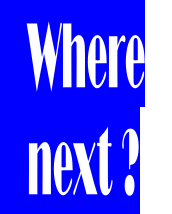© 2014-

THE PEOPLE -
The success of Radio Hauraki was achieved through the efforts of a whole team of people, but there were four main drivers who saw the project through from inception to the reality of a radio station broadcasting from a ship at anchor in international waters. Additionally -
DAVID 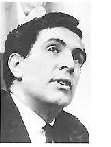 GAPES
GAPES
The son of a Wellington decorating contractor, David Gapes entered journalism in 1959 straight from sixth form college when he joined the Wellington Evening Post. He then briefly worked for Truth, before emigrating to Australia in 1962 where he became a general reporter on the Sydney Daily Mirror.
He returned to New Zealand in 1965 having learned of the success of offshore radio stations in Scandinavia and Britain and thought he could achieve similar success in challenging the New Zealand broadcasting system.
He worked again as a journalist for Truth and the Sunday News in Wellington as he began to formulate plans to start an offshore radio station to rival the established broadcaster in New Zealand and give listeners of his generation programming that they wanted to listen to, rather than what was on offer from the state broadcaster.
After devising and launching Radio Hauraki in 1966, then seeing it successfully obtain a land-
However in 1977 he left Radio Hauraki following the acquisition of the station by a finance driven company and became manager of a rock group –Hello Sailor. He then went through a turbulent period in his life resulting from drug use.
David Gapes later re-
CHRIS P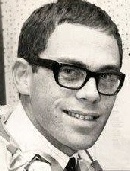 ARKINSON
ARKINSON
Chris Parkinson was born in 1941 and started his radio career as a studio technician working for the Broadcasting Corporation of New Zealand (BCNZ). He trained himself to become an on-
In 1966, -
From 1968 to 1970, Chris was an announcer and newsreader in Australia, on Sydney radio and television stations 2GB and TCN-
He was operations manager for Radio Pacific from 1982 to 1988, managing director of Radio Pacific (Waikato) from 1988 to 1989., and a Radio Pacific director between 1986 and 1999. He was the corporate voice for TVNZ news and current affairs (1991–99), Sundance Channel (1999–2003), Solid Gold FM (1999–2005) and Radio Pacific (1982–2007).
Chris was awarded the Pater Award for "the golden voice of Australasia" in 1987. He also won nine New Zealand Radio Awards between 1982 and 1999.
Chris Parkinson died in Auckland on 27 April 2016.
DEREK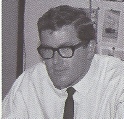 LOWE
LOWE
Derek Lowe had worked for the NZBC before leaving the state broadcaster to form his own commercial production company. He had worked , together with another ex-
Derek Lowe left Radio Hauraki a few years after it had become a legal, land-
His role at Pacific Radio was to save the struggling talk format station and he achieved a turnaround in its fortunes within the first year –generating a profit by cutting operating costs and significantly increasing ratings. During this time he employed the on-
Do you have any other memorabilia about Radio Hauraki which we could add to this Special Exhibition?
If you do, and you are willing to allow the Museum to use it, please contact
resources@offshoreradiomuseum.co.uk
We look forward to hearing from you
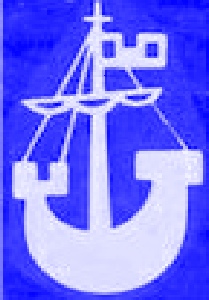

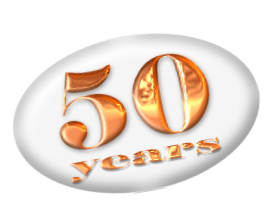




Ground
Back to






Click here to visit the New Zealand Gallery and the full story of Radio Hauraki


